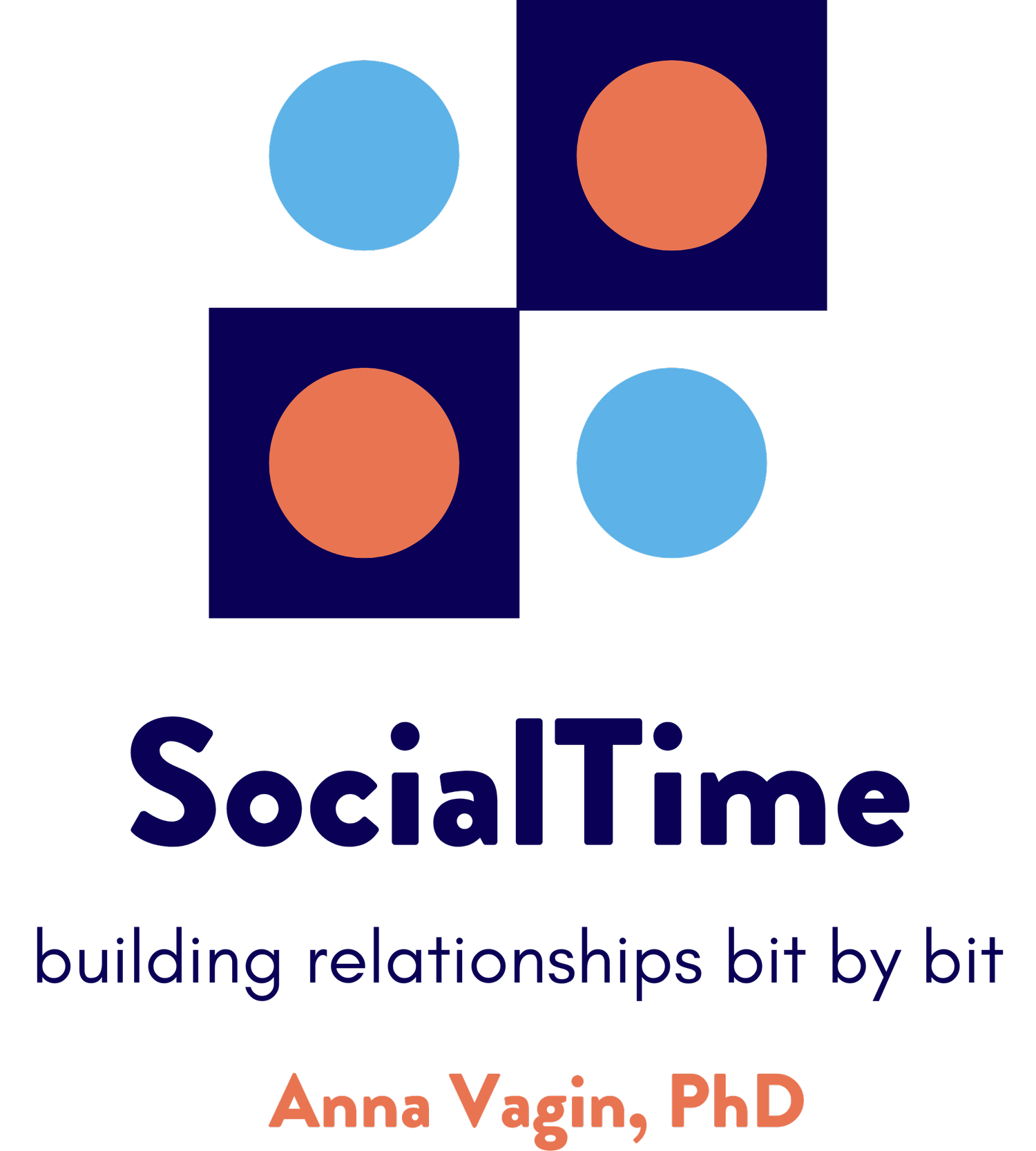Making more room at the table…
“Different does not mean deficient. It simply means different.”
Janice E. Hale, Black Children: Their Roots, Culture and Learning Styles, 1982.
In last month’s blog, I wrote about my plan to spend some of the summers revising CPPEV through the lens of neurodiversity and self-advocacy. Thanks to those of you who wrote supportive emails because it turned out to be a BIG job! But I am ever so happy to say that I am…finished.
It’s a great feeling to finish a project. But an even better feeling is knowing that the changes are good and right. The faster our growing awareness of neurodiversity, how issues around neurodiversity challenge but also enrich our work, the power of interests and passions in effecting change in those with whom we work, and how we can partner to support growing self-advocacy in students and young adults, trickles down into our therapy materials, the better.
So, what’s new in CPPEV? Well, the answer is lots. I’ve modified the wording and definitions in all four rubrics so they are more diversity-affirming and strength-based. Self-advocacy has been added to the Interactive Conversation rubric – after all, self-advocacy is often (but not always) founded in conversations. There are some new Paths (yes, conversations don’t always have to include questions) as well as more options in the Path cue cards. Almost all of the narration has been re-recorded to reflect my evolving thoughts about assessing, writing goals for, and working on conversation. Now the Assessment deck has one hour of narration, as well as lots more links where listeners can learn more. A whole new section has been added to the bibliography. But don’t worry -the original Paths, the tutorials, and animated video recommendations for CRT are all still there. I am proud of the changes. Ready for a look?
I always find that, as I write, I change. When I wrote about animated videos, I discovered a new appreciation of the power of unfolding visual narratives. When I wrote about flexibility (yes, that’s still in the works,) I came to see personal, life, and world events in a new way. And this summer, my work with CPPEV has changed how I view conversation as a whole and my students in particular. Being more deliberate in my session. Pausing and thinking a bit more before launching into my opinion. Considering alternatives and options. Questioning my perspectives. While it’s often not easy, I’ve found it endlessly gratifying! It’s good to be challenged, and it’s great to grow (more on this next month.)
This month, a personal note as well. I have always loved writing and actually come from a long line of writers. How much of my love of writing comes from my grandfather, Konstantin Andreivich Vogak? He was a prolific writer, poet, polyglot, lecturer on Russian folklore literature and theatre history, and collaborator with Meyerhold’s development of Russian Avant-garde theatre. Avant-garde theatre often asked performers to improvise – sometimes with some formal structures as a supportive framework. As I read more about what he accomplished, I started thinking… hmmm, that sounds a bit like what we do in conversations. I look at his work and am reminded of the power and beauty of words – written words as well as spoken words. Even though we are far apart (my husband and I visited Nice, France, and found his grave from 1938 a few years ago), I feel in some ways we are still together, so thank you, дедушка! (grandfather)
Are you feeling blessed that we get to work with words and language? Love to hear how our field is special to you! Take good care as we move into a new school year…


